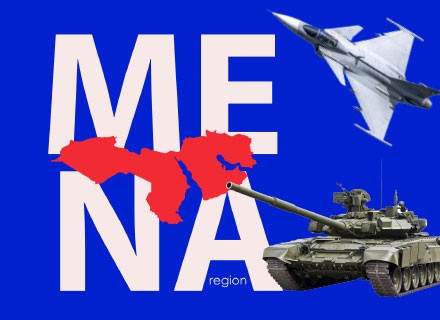As the West, led by the US and European Union, has slapped economic sanctions against Russia, significant powers in the Middle East and Africa have seemed relatively favourable despite inadequate statecraft. So much so that while hordes of foreign fighters from the West volunteered to join Ukraine’s foreign region, corresponding interests have come from MENA.
Notably, 16,000 Syrians have reportedly volunteered to join the war against Ukraine. Not to forget, the Russian intervention is essential for the Syrian establishment, and over the last decade or so they have shielded the Syrian regime led by Bashar al-Assad in the UN Security Council in addition to providing military hardware.
Earlier, the UAE which has been a steady ally of the US over the years abstained from voting against Russia in the United Nation condemning Russia’s military adventurism. The Saudis too, like the UAE, another strong US ally, have not made a clear stand with the US’s reluctance to help them in light of the Houthi insurgence. Twenty-eight African countries voted against Russia, 17 abstained in line with their non-alignment principles and eight abstained.
The majority of the support comes from countries under their respective liberation party rules which found Soviet Russia as an ally during their freedom struggle against the western imperialist forces.
Other than this, much of the support comes from countries where a private military contractor Wagner Group is essential for the stability of those countries. Wagner is owned by a Russian oligarch, who enjoys close ties with Putin. This includes countries like Mozambique, the Central African Republic, and Mali.
Iran and Turkey have been Russia’s closest allies in the region with Iran subjected to a similar form of ostracisation for its nuclear ambitions.
Even big oil is a factor. The OPEC countries where Russia is a strong player in the cartel want to stay united and dictate control over the global oil price.

